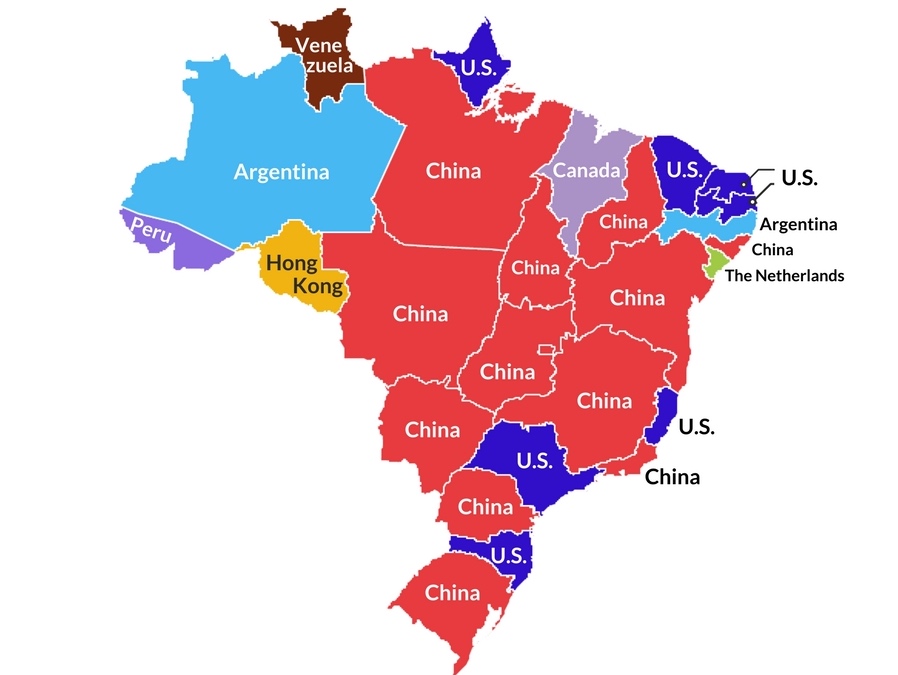
The global integration of production processes is a reality that has already been confirmed, but still not well used by Brazil. To have a current example of the relevance of the integration of countries into productive blocks, just look at the case of England. with your exit (which is not even complete) of the European Union what you see is the chaos of production and product supply. lack workers, raw material and products to be consumed in the country, who believed to have a self-sufficient economy.
As much as we don't realize, each product we consume depends on actions carried out in the most diverse places in the world. The integration of this production process is called the Global Value Chain, having several productive steps until the final product: raw material extraction, processing, Research and Development, distribution and logistics, sales promotion…
It is already a complex process., but he finds another fundamental element: participation in trading blocks. Like Mercosur, economic blocks facilitate the circulation of products among members, simplifying and making the production process cheaper, not to mention the formation of a larger consumer market. The most industrialized and richest countries in the world have already discovered and taken advantage of this movement with already consolidated agreements (NAFTA, European Union and Asean as some examples).
The relative novelty is in the search for agreements between the economic blocs. Like this, more than bringing new members to an existing block, the movement now is to make strategic agreements between the different blocs or even the creation of entirely new blocs, but with geographic dimensions unimaginable a few years ago.
However, when we look at the Brazilian case, we see the great limitation of the country in using this strategy. Government data indicate that 13% of the country's international trade is done within trade agreements, while the world average is 60%, that is, more of 4 times bigger.
We must recognize that Brazil has been rehearsing a step in this direction for some time in the so-called Mercosur-European Union agreement. In 2019 we got close to something more concrete, which was soon stopped in the face of Brazilian actions such as the increase in deforestation in the Amazon (increasingly sensitive topic internationally). Since then we have not been able to move forward in a more concrete way.
There are still some other efforts, but all slow and with few concrete results, such as attempts at an agreement between Mercosur and Canada or Singapore or even those directly between Brazil and Chile or Mexico.
When we look in more detail at the reasons for the low progress in these integrations, it is possible to perceive a clash of political positions, of proposals. Hence the need not to look at potential agreements only from the economic dimension. It is necessary to understand that there are also political and strategic interests involved in this issue..
It is in this context that other alternatives, little explored by Brazil, emerge and which could gain some prominence.. the most obvious, in this sense, is the BRICS. Although there are internal conflicts given the very nature of each of the members, the greater interests are already clear. Another possible path is a rapprochement with the Eurasian Economic Union (involving the countries of northern Eurasia) or with the African Union (involving virtually all of Africa).
Paths exist and it is necessary for Brazil to pursue them as soon as possible, so that we are not left out of the main international productive flows.
